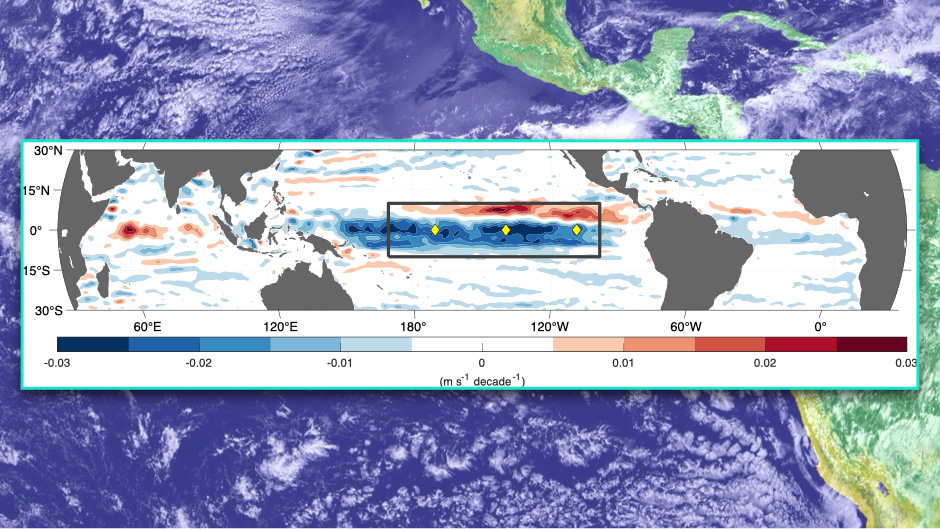The Unsolved Mystery Sounds of the Southern Ocean #ASA187
Acoustical Society of America (ASA)In July 1982, researchers in New Zealand recorded unidentifiable sounds as a part of an experiment to characterize the soundscape of the South Fiji Basin. The sound consisted of four short bursts resembling a quack, which inspired the name of the sound “Bio-Duck,” and researchers came to a consensus that the sounds had to be biological. Ross Chapman will present his work analyzing the mystery sounds as part of the virtual 187th ASA Meeting, presenting the waveform and spectrum of the recordings, as well as further evidence that the work was a conversation between multiple animals.


















